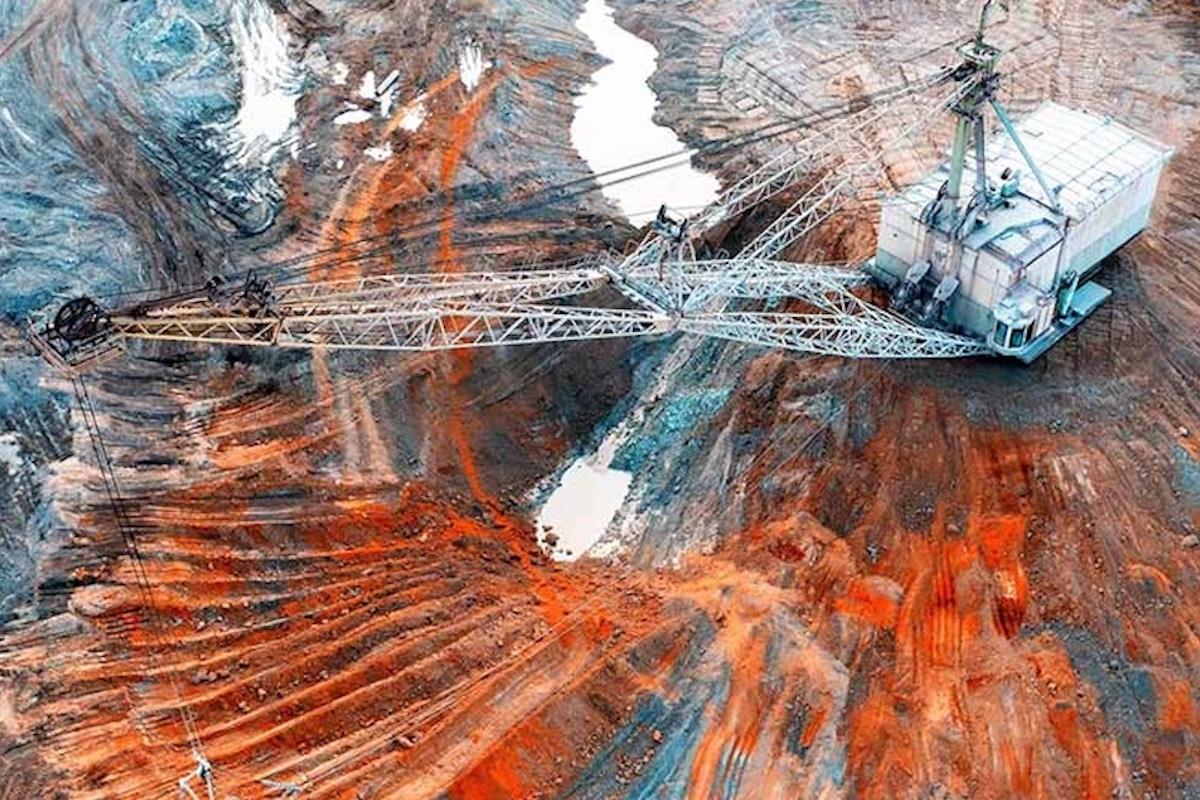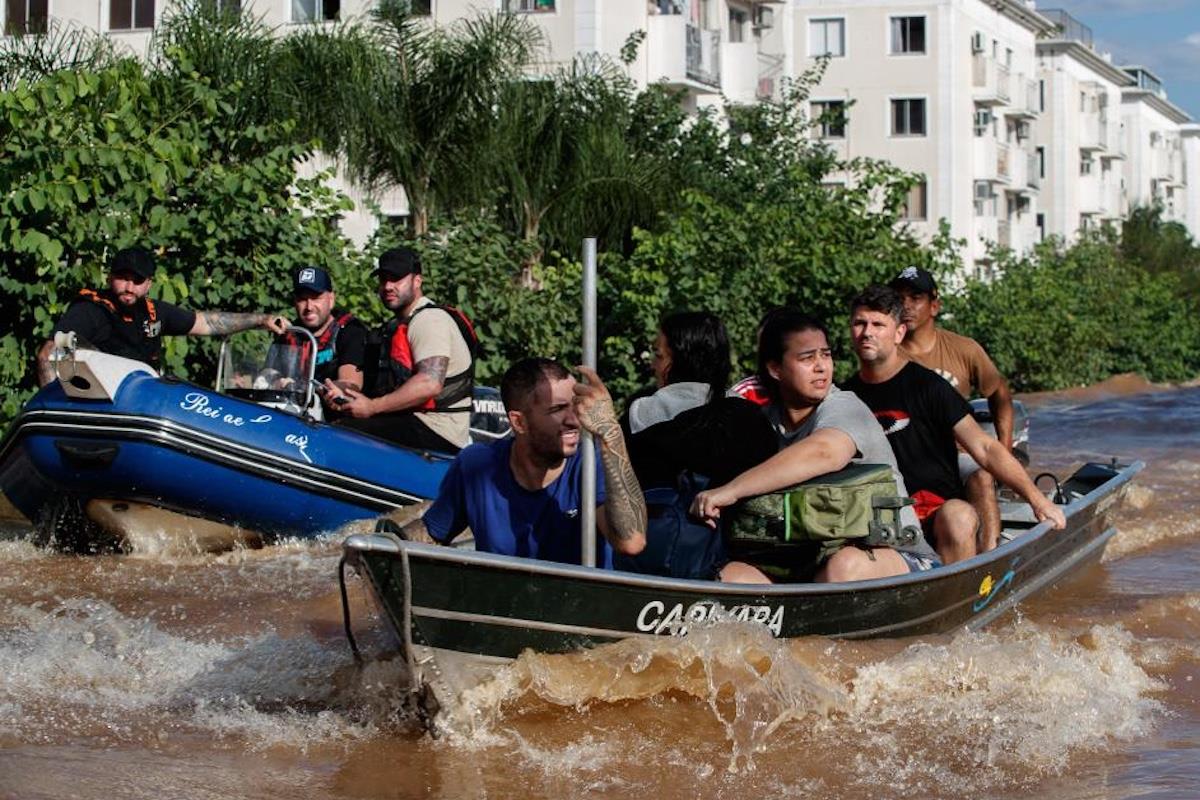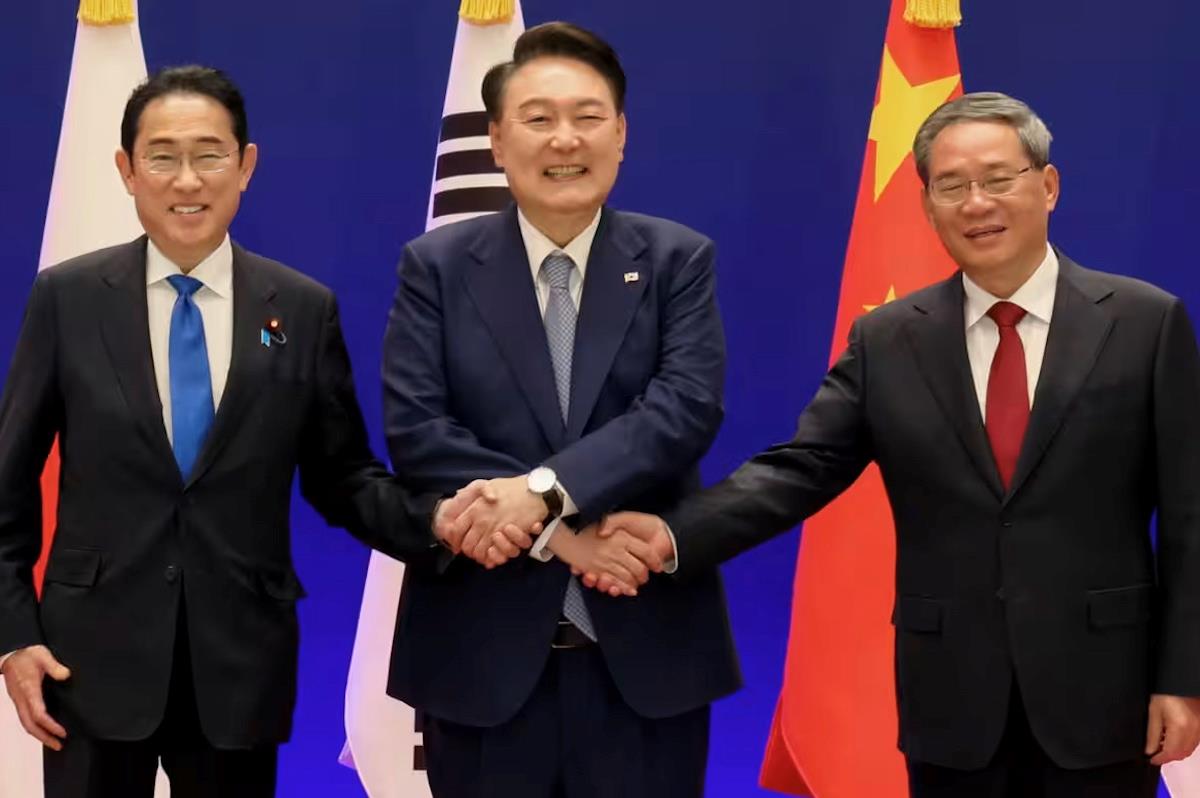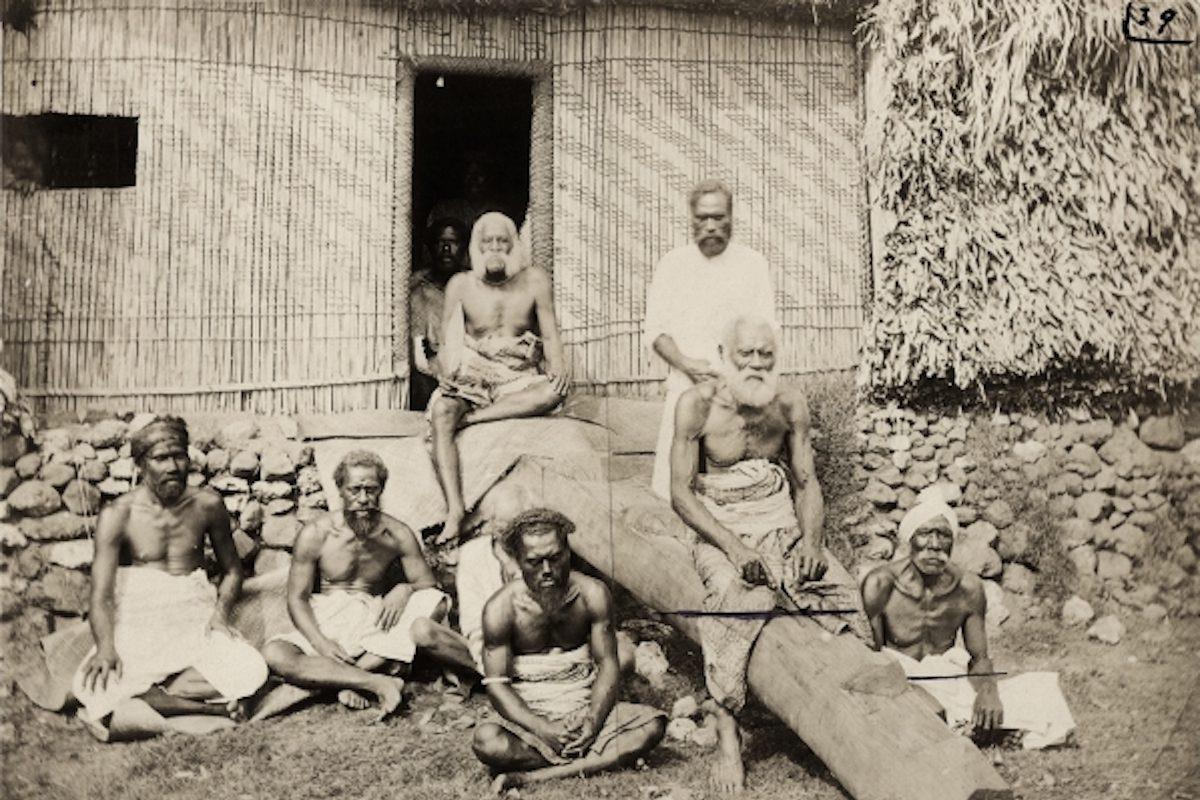
Traditional Leaders Can Boost Pacific Islands Unity
While it may appear an unconventional move, in the Pacific's contemporary context of competing foreign powers and impending climate catastrophe, a bolstered orientation for alternative forms of traditional leadership is timelier and more appropriate than ever.
At the February 2024 inaugural session and re-commencement of Fiji's Bose Levu Vakaturaga (Great Council of Chiefs), the country's indigenous i-Taukei (indigenous) leaders convened for the first time since the council's termination in 200 .
The occasion signified the re-establishment of the constitutionally recognized apolitical body intended to advance the priorities and respond to the challenges of Fiji's i-Taukei population.
With the reinstated advisory body's immediate scope and priorities still to be finalized, the platform for domestic consideration for Fiji's indigenous population also sets a broader scene for the Pacific.
With this momentum, considerable attention has been concentrated on the inaugural Pacific Traditional Leaders Forum (PTLF) coming up in Hawaii in June. The new body, made up of traditional Pacific leaders, has been established as a regional instrument to promote the input of traditional leaders in decision-making in the Pacific and advance an inter-regional platform for leadership and cooperation.
The forum is premised on the concept of a representative Pacific that protects the indigenous sovereignty of localized leadership in the region at a time of unparalleled interactivity and foreign intervention.
In considering the application of the PTLF model and the resulting actions, it's important to reiterate that the application of enduring traditions of indigenous Pacific culture remains embedded within the core structure of Pacific society, politics, and policy.
Importantly, the provision of traditional knowledge is centered on using the Blue Pacific Continent status and the need for cooperative, utilitarian policy recognizing the deep environmental, military, and diplomatic risks uniting the region.

Vietnam's great untapped rare earth bounty

China quietly seeks influence from disaster in Brazil

Why Japan and South Korea are rediscovering China
The globally recognized and invaluable Pacific Ocean is most treasured by Pacific Island states that have inhabited the territory since before it became the contemporary battleground for strategic diplomacy.
The main issue in recognizing a traditional council model in Pacific Island countries is whether the model can accurately incorporate cultural policy considerations in the contentious Pacific era.
From a Pacific perspective, this is of paramount importance, and there is an unequivocal advantage in facilitating a regional body for cultural preservation and exchange to work within the contemporary geopolitical reality of the region, underpinned by a slew of external states seeking to exert influence.
The democratic implications of increasing traditional leaders' policy influence in Pacific Islands states is a multifaceted subject underscoring the broader conversations regarding the topic. The PTLF's primary goal of increasing traditional regional Pacific collaboration on regional challenges provides confidence that the group will play a respectable role for Pacific-centered prioritization during a time of heightening competition.
As with all systems of governance, the efficacy of democracy in the Pacific should be assessed on its outcomes and not its premise. Diversifying policy development by integrating positions from traditional Pacific leaders is to recognize the intergenerational value and localized knowledge these leaders hold.
The timing for the summit arising at this Pacific geopolitical intersection of diplomatic ties and strategic military expansion is not arbitrary. The global attention garnered from competing external states seeking strategic partnerships in the region is well-recognized and continues to complicate internal and external Pacific state partnerships.
It's disingenuous to review the validity of traditionally informed Pacific protocol from an external perspective that doesn't consider its localized importance to the Pacific region.
Beyond using the systematic knowledge of historical and contemporary land, people, and culture, the PTLF can embolden Pacific relations at a time when the risk of diplomatic disparities and partnerships with external states affects internal Pacific Island relationships by complicating the dynamics of external alliances.
Despite these internal disparities, Pacific Island governments, communities and leaders remain determined to identify the region's priorities of climate change, democracy and economic growth.
Pacific states already unite under the banner of the Blue Pacific Continent . The PTLF potentially makes use of the localized value of traditional leadership while also establishing a key mechanism for championing Pacific culture within policy and diplomatic approaches. It offers a great deal for the region. The PTLF provides for the potential of further embedding regional heritage as a front for the region that may signify respect for tradition to implement progressive cultural policy.
As New Zealand's coalition government repeals use of Māori te reo language in its public service, the broader backdrop for the region in 2024 remains underscored by neocolonial sovereignty matters. The PTLF's position in the Pacific – still to be fully determined – provides a real opportunity for allowing Pacific Island countries to maintain regional collaboration by championing traditional knowledge in internal and external policy.

Sign up for one of our free newsletters
- The Daily ReportStart your day right with Asia Times' top stories AT Weekly ReportA weekly roundup of Asia Times' most-read stories
All eyes will be on the initial outcomes at the inaugural PTLF meeting in June, with the key question being: How can the forum accurately represent and facilitate tradition in Pacific policy through the complex dynamics of the 21st century?
The PTLF has potential to influence engagement in the Pacific's broader international diplomacy, as well. Strategically, countries competing for an increased presence in the region must both acknowledge the significance of the PTLF's progress and outcomes as well as demonstrate consideration for traditional heritage in their engagement with the region.
External states active in the Pacific have historically delivered cultural diplomacy, largely, at a suboptimal level. And while it's unknown what consequences the PTLF will entail for the region's foreign policy, the intention of the forum is clear – to increase regional unity under the banner of traditional leadership.
This should send a clear message to competing external states: The Blue Pacific Continent will direct internal collaboration through the PTLF to help inform and respond to the region's competing contemporary issues, and the value of traditional leadership in these strategies should be recognized in any diplomatic effort.
Henry Heritage (... ) is a Fijian/Australian principal policy officer in the public service and chief Ooerations officer of Young Australians in International Affairs. He specializes in democracy, regional policy and development in the Pacific.
This article was originally published by Pacific Forum . It is republished with permission.
Thank you for registering!
An account was already registered with this email. Please check your inbox for an authentication link.

Legal Disclaimer:
MENAFN provides the
information “as is” without warranty of any kind. We do not accept
any responsibility or liability for the accuracy, content, images,
videos, licenses, completeness, legality, or reliability of the information
contained in this article. If you have any complaints or copyright
issues related to this article, kindly contact the provider above.

















Comments
No comment